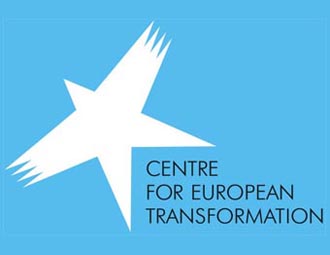Civil society’s role and place in the system of the EU’s donor assistance for Belarus

Centre for European Transformation (CET) prepared a working document analyzing the role and place of the civil society in the international donor assistance for Belarus.
Belarus is one of the countries-recipients of international donor development aid. The question of the role and place of civil society as an independent actor in the rendering of the donor assistance for Belarus is not accidental. The basic principles and directions of the world development policy, which are fixed in the United Nations Millennium Declaration (2000), inter alia, are aimed at building stable partner relations with civil society organizations (CSOs). The further specification and development of the positions of the United Nations Millennium Declaration in the Paris Declaration on Aid Effectiveness (2005) and the Accra Agenda for Action (2008) led to the statement of the requirement to more intensively involve CSOs in the development policy. Such involvement presupposes to transform CSOs into decision-making subjects and to strengthen their influence on the development world policy. At the same time, the basic principles are not always transferred to political practice; therefore, the actual role of civil society during the implementation of the international donor assistance causes a special research interest. For Belarus, this problem is especially important in connection with the special conditions of civil society’s existence in the authoritarian political system. Independent public structures in the country are deprived of the state financial support and have limited access to any other financial resources, due to which they appear to be fatally dependent on external financing. The development of Belarus’ civil society is in many respects defined by the structure, mechanisms, thematic priorities, and general principles of the world development policy.
The European Union (EU) and its Member States are the largest donors of assistance for Belarus, but there are others as well. It is expedient to analyze the EU’s donor assistance rendered to Belarus and Belarusan civil society in comparison with other large donors of Belarus, including international organizations. In this document, we pay attention to the general structure of the donor assistance for Belarus, the aid for Belarus from the EU and its Member States, and the questions of the EU’s assistance to the civil society of Belarus.
Download text
About authors:
Karyna Shyla is a Junior Analyst of the Center for European Transformation. In 2013, she graduated from the International Relations Department of Belarusan State University with a specialization in International Law, the branch of study is the European Law.
Andrei Yahorau is Director of the Centre for European transformation (CET), Master of Political Science. He graduated from Belarusan State University, department of political science, and holds a master’s degree in political science. He has been working in the political research area since 2001. The focus of research interests: transformation of the former Soviet Union space, civil society, political transformations in Belarus and the Eastern Partnership region, European studies.
About CET:
Centre for European transformation (CET) is an independent think-tank, founded in March 2010. CET is integrated into the International Consortium "EuroBelarus".
CET in the social networking service:
-
03.01
-
07.10
-
22.09
-
17.08
-
12.08
-
30.09



























